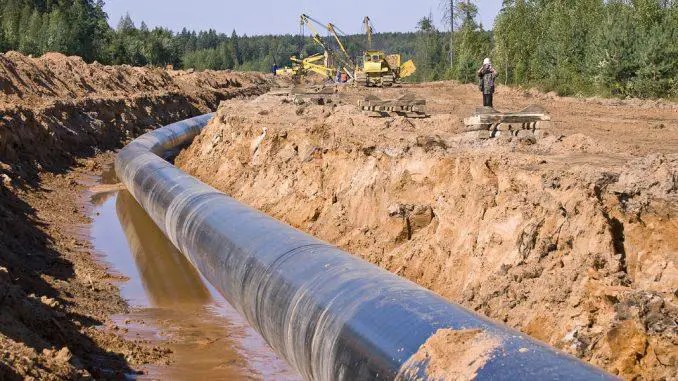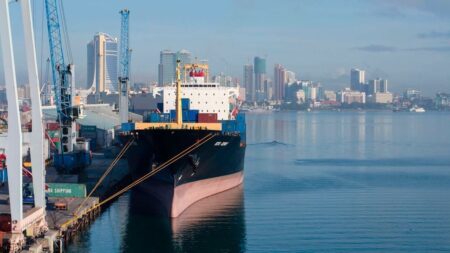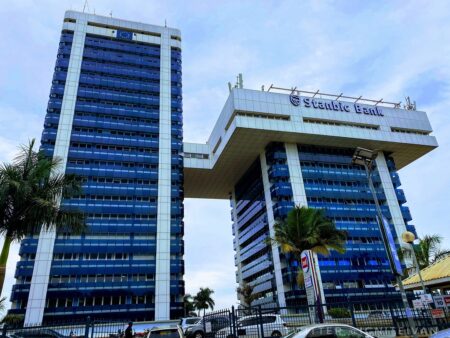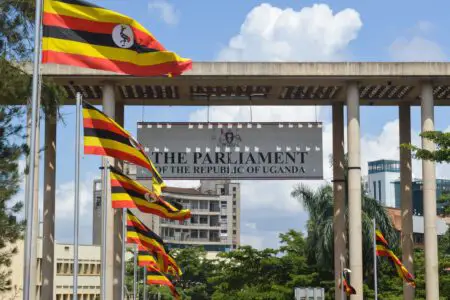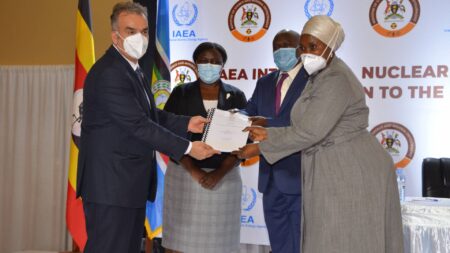Uganda President Museveni has told off petroleum multinationals pushing for tax waivers as a pre-condition to further develop the country’s oil fields.
This is deepening a standoff that might affect the building of a critical export pipeline in the country.
According to the highly placed diplomatic sources, President Museveni is understood to have lashed out at petroleum companies accusing them of not appreciating the many adjustments the government has already made in order to facilitate the development of the Hoima oil fields which are estimated to have 1.7 billion barrels of crude oil.
The president listed 17 promises the government has delivered on emphasizing on four major ones which include an international airport still under construction, numerous concessions on taxes and tariffs, road network known as the oil roads and a number of legislations to facilitate the exploitation of the oil.
Also Read: Inside Kenya, Uganda’s crude oil
There have been disagreements between Uganda Revenue Authority(URA) and French multinational Total and British exploration firm Tullow on the tax payable in a pending sale of stake by Tullow. This has led to the two foreign firms threatening to delay the announcement of a Final Investment Decision (FID).
The China National Offshore Oil Company (CNOOC) and French multinational Total want to buy a stake of the oilfields from Tullow technically referred to as a farm down.
In January 2017, Tullow announced its plans to sell 21.57 per cent of its stake to Total and CNOOC for $900 million respectively and remain with 11 per cent.
Uganda and Tanzania are together developing the 1,443-kilometre evacuation pipeline known as the East Africa Crude Oil Pipeline(EACOP) which is intended to transport crude oil from Uganda’s oil fields to the Port of Tanga in Tanzania on the Indian Ocean.
Uganda wants the two oil companies to make a final investment decision without associating it on the tax concessions related to the farm down of Tullows’s 21.6 per cent stake.
Tullow oil terminated it’s sale and purchase agreement, which would have gained Total and CNOOC 21.57 per cent of the stake. The conclusion of the sales was supposed to lead to the signing of a new agreement called the Joint Operating Agreement (JOA).
This agreement was to see Total and CNOOC as the majority equal shareholders in both the development of the oil field and the pipeline.





